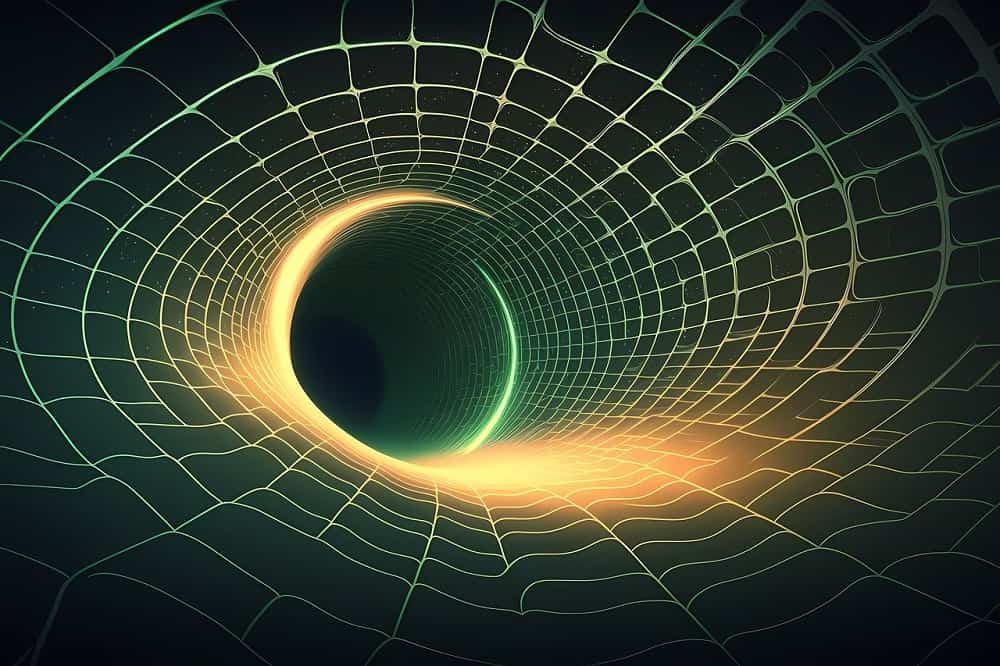Cosmic Clash: The Day a Black Hole Knocks on Our Solar System's Door
In the realm of cosmic wonders, few events can fascinate the human imagination like the arrival of a black hole in our solar system. Imagine a stellar-mass black hole, a gravitational behemoth born from the death throes of a massive star, venturing perilously close to our sun. This cosmic interloper, with its insatiable gravitational pull, would set in motion a series of extraordinary events that would reverberate throughout our solar system. This hypothetical scenario, while incredibly rare and unlikely, presents a captivating opportunity to explore the profound impacts such an event would have on our cosmic neighborhood.
In the event that a Stellar-mass black hole was to intrude upon our solar system, the consequences would be nothing short of cataclysmic. One of the most immediate and dramatic effects would be the disruption of celestial harmony. The black hole's immense gravity would wield its influence over every object within its reach. The sheer magnitude of its gravitational pull would unleash chaos, reshaping the trajectories and orbits of all celestial bodies in its vicinity.
Read:-Hear the Universe Roar: Exploring the "Om" Sound Resonating from Black Hole
The Earth, in this cosmic turmoil, might even face the dire prospect of being unceremoniously expelled from the confines of our solar system, especially if the encroaching black hole ventures close enough. Such a scenario, while profoundly unsettling, underscores the awesome power of the cosmos and the fragility of our place within it.
Alternatively, our planet might find itself ensnared in a fresh, highly elliptical path around the sun. with consequences beyond imagination. This cosmic rearrangement could lead to radical fluctuations in temperature, rendering the existence we are familiar with utterly untenable. Life as we know it could face extinction, and the Earth would transform into an alien landscape.
In the event of a close encounter between the black hole and our sun, the formidable gravitational forces at play might seize hold of the sun's matter through a phenomenon known as tidal disruption. Within this celestial dance, the black hole's gravity would tug at the very fabric of the sun, coaxing its matter to gracefully swirl away, eventually coalescing into a mesmerizing accretion disk encircling the voracious black hole.
Read:-White Hole - A Twin Cosmic Brother Of Black Hole
Such a scenario could precipitate a substantial depletion of our sun's mass. The repercussions of this solar diminishment would resonate profoundly throughout the entirety of our solar system. Moreover, the material drawn from both the sun and neighboring celestial bodies would undergo a dramatic transformation, heating up significantly and radiating intense high-energy emissions, encompassing the likes of X-rays and gamma rays.
The surge in this radiation onslaught could conceivably bring about a catastrophic sterilization event for our planet, wreaking havoc on most, if not all, forms of life that call Earth home. Such a formidable addition of a black hole into the equation would undoubtedly usher in an era of transformation for our entire solar system, reshaping the entirety of our familiar cosmic neighborhood, a chapter profoundly distinct from the one we have known thus far.





























